Doctoral Program PhD in the Arts
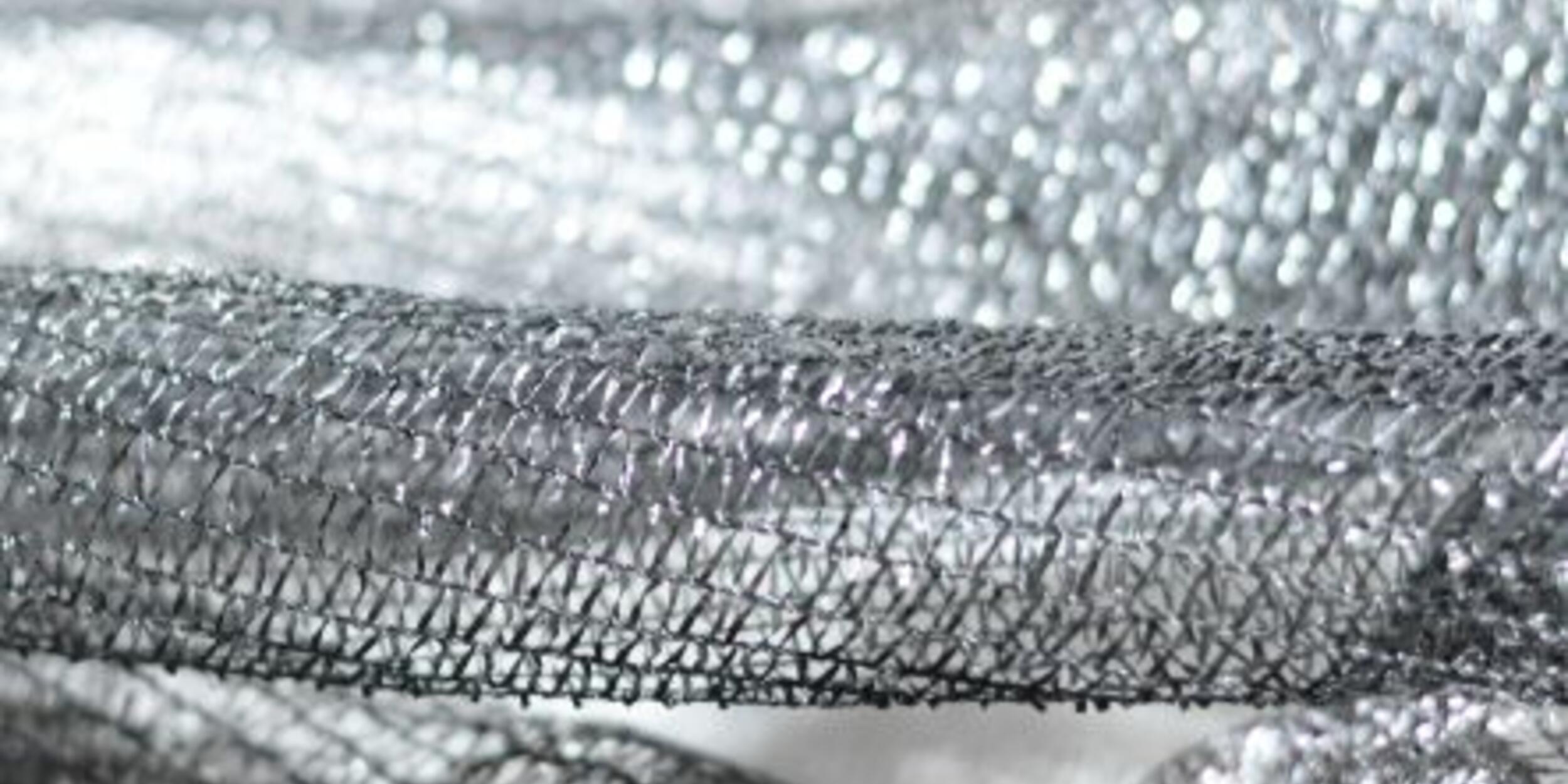
Overview
The doctoral programme negotiates the further development of artistic research practice as well as the shaping of theory on artistic research and the development and opening up of the arts to discursive dimensions. The programme reflects on the diversity of methods, contextualization and knowledge production. The PhD in the Arts is inter- and transdisciplinary.
Study & Examination Management
+43 676 88122 492
studienabteilung@moz.ac.at
Length of study
6 semesters / 180 ECTS credits
Language
English
Downloads
Application deadline
1.2.-28.3.2024
to the dates
Study
The artistic doctoral programme at the Mozarteum University sees itself as an international course of study and offers artists and researchers from various fields such as music, visual arts, theatre, dance, film, media, design an opportunity to further develop independent artistic research practice. The programme promotes research that focuses on and emerges from artistic practice and its processes, and focuses on the potential of artistic processes to articulate themselves as research, as well as the capacity of these processes to reflect creatively and critically, making artistic practice both the object of research and the method by which research is conducted.
The PhD in the Arts provides a framework for the development of individual projects with a wide range of formats from one-to-one teaching, seminars, workshops, lectures, field trips and an open space for candidates to organise themselves. Doctoral studies take place in a collaborative research environment that fosters artistic and intellectual exchange and collaboration and provides adequate infrastructure and facilities (rooms, instruments, staff, library, etc.).
The programme works with the concept of transversality as an operational principle that opposes both a vertical and a horizontal understanding of art. Examples of transversal practices that the programme welcomes include.
- Practices that engage with post-anthropocentric forms of creativity (e.g. reflections on the interaction between humans and other-than-humans, environmental consciousness, historical and new materialisms, speculative realism, posthuman discourses, etc.).
- Practices that develop deviant and creative approaches to history and cultural heritage (e.g. archival practices, reflections on temporal linearity and anachronism, experimental forms of music performance, montages of found footage, etc.).
- Practices that question hierarchical social and political structures (e.g. following feminist, queer, Marxist, decolonial and postcolonial discourses, etc.) and traditional divisions of labour in the art market (composer/performer/improviser, artist/audience, art/society, etc.).
- Practices that engage with the imaginary and the spiritual, not as marginal non-realities, but as means of changing epistemologies and reinventing ontologies.
General study information
With the artistic doctorate, the Mozarteum University extends and completes its rich offer of art-university research.
The concept of the work, the artistic-research process and their documentation are regarded here as broad, interrelated and divergent categories whose definition and differentiation can themselves become the subject of artistic research.
The programme is aimed equally at graduates of the University Mozarteum Salzburg as well as at graduates of other relevant studies at a recognised domestic or foreign post-secondary educational institution.
In order to be admitted to the artistic doctoral programme, doctoral candidates should fulfil the following general requirements in addition to the formal requirements:
- an active, richly developed and ongoing artistic practice;
- a strong awareness of the context of their own practice and a keen interest in critically engaging with it;
- an interest in critical and creative exchange with colleagues and with a research environment, and openness to the reciprocal change that occurs in such dialogue;
- a willingness to engage with current discursive practices and to contribute to them by developing one's own discourse in artistic research.
Applicants are admitted to the doctoral programme in a two-stage selection process (application and presentation). In addition, knowledge of English (oral and written) must be proven.
The general university entrance qualification for admission to the doctoral programme is proven by the successful completion of a relevant diploma or master's programme or another equivalent programme with at least the same level of education at a recognised domestic or foreign post-secondary educational institution. In any case, but not exclusively, degrees in the studies offered at the University Mozarteum are considered suitable.
Furthermore, the entrance examination must be passed in order to be admitted to the degree programme. All relevant documents and previous studies must be uploaded to be checked in the course of the online application. Selected applicants will only be invited after their previous studies and uploaded applications have been checked.
Necessary documents for the online application
- The application portfolio (in a PDF file of maximum 5 MB) consists of a written part in English outlining the research project and documenting previous artistic practice, including:
- a curriculum vitae, please also upload separately
- a portfolio of relevant activities (exhibitions, concerts, compositions, publications, conferences, etc.), with links to audio and video files if applicable,
- a written proposal for the artistic research project to be developed in the course of the study (contextualisation of the artistic research practice, possible questions of the project, outline of a possible course and provisional timetable of the project, optional: proposals for possible supervisors).
The PhD project proposal should consist of 2 to 10 A4 pages.
- MA certificate or diploma of a relevant degree programme, if the degree programme has already been completed.
- Current confirmation of enrolment, if the degree programme has not yet been completed (the certificate must be submitted by the time of enrolment!)
- overview of subjects and grades (Transcript of Records) of the MA programme
- If further previous studies are available, a complete overview of subjects and grades (Transcript of Records) of all studies must also be uploaded.
- Proof of English language skills, at least B2 Common European Framework of Reference CEFR 2001 (optional for the online application but obligatory for admission).
Form of the documents
- The documents can be uploaded as PDF in the application form.
- If the documents mentioned are not available in German or English, an official translation must be submitted.
Dates & time schedule
- Examination registration during the application period (1st February - 28th March 2024) online via the registration portal for university applicants
(ATTENTION: Registration is only possible if all documents are complete!) - The result of the first part of the selection procedure will be communicated to the applicants at the beginning of May 2024.
- Selected candidates will be invited to the entrance examination on site in Salzburg between 7th and 10th June 2024.
- The results of the selection procedure will be communicated until the end of June 2024.
- Enrolment during the general admission period.
Deviating examination method
It is pointed out that the University Mozarteum Salzburg offers various support options for the admission examination and during the studies if you have a disability or a chronic illness.
If this applies to you and you would like to take advantage of counselling, please contact Claudia Haitzmann: claudia.haitzmann@moz.ac.at or +43 676 88122 337.
All courses take place in monthly meetings. Residence in Austria is not required, but participants are asked to take part in the activities in Salzburg.
The degree in the artistic doctoral programme consists of the following parts:
- Positive completion of the courses and examinations including Interim Review
- Submission of the documentation of the PhD project
- Commissioned final examination: Final Review
Every semester, the ÖH fee and, if prescribed, the tuition fee must be paid.
Information on the current amount of fees can be found HERE.
No salary or scholarship from the Mozarteum University is associated with admission to the PhD in the Arts program.
Any questions?
Here you can find more information about starting your studies:
PhD Candidates
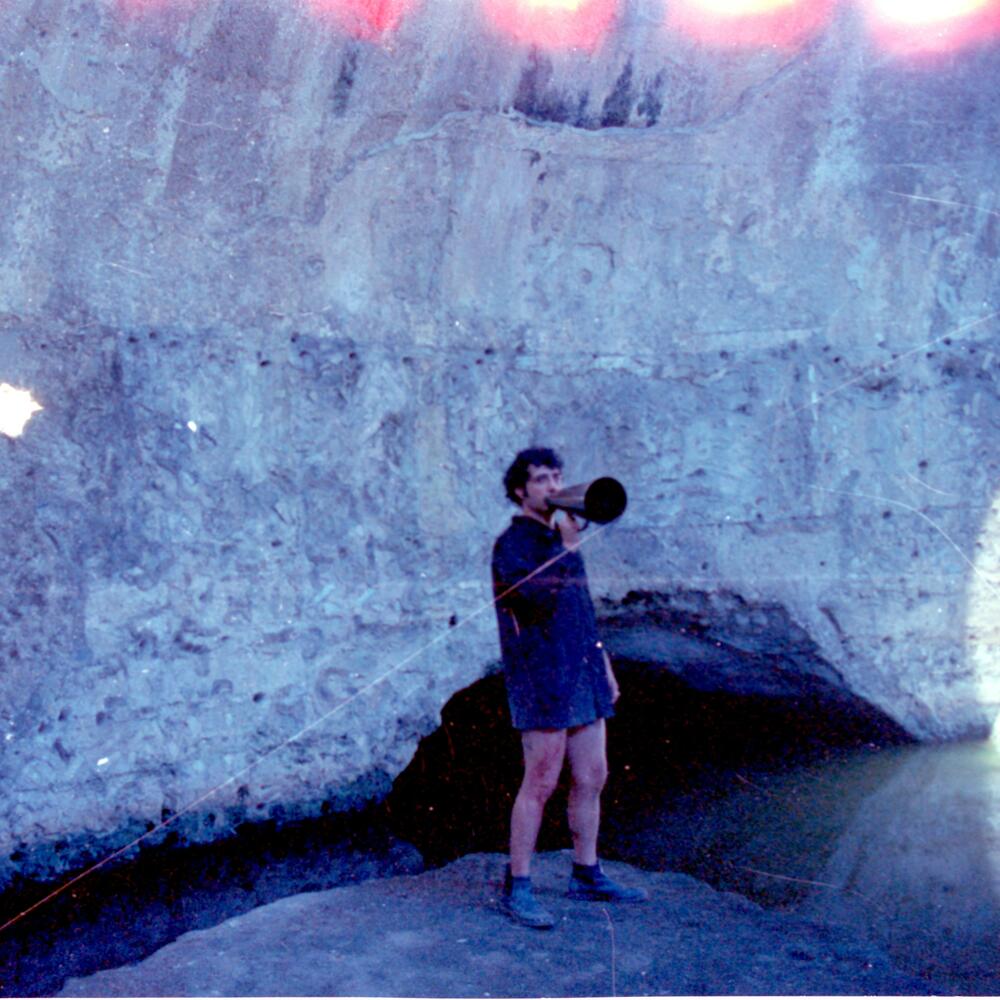
Renato Grieco:
While the socio-technical alliance enshrined between industry and users is geared exclusively toward a market model adhering to a very stereotypical audience, Audio Erotica represents an unreleased and under-explored platform for implementing adult content in an inclusive and fluid domain, constructed with permeable languages.
Renato Grieco is focusing on a mediarchaeological compositional praxis that can be put at the service of all scholars, producers, activists, and consumers oriented toward the ontological exploration of the format of Audio Porn, Audio Erotica, and ASMR as a poietic and political medium.
At the same time, from the speculative point of view, Renato is documenting with scientific rigor the research with the aim of sharing the artistic perspective of those who actively employ and rethink media and technologies for a scientific community of researchers in interdisciplinary fields such as Porn and Media Studies, Organizational Studies, Media Archaeology, Radio Art, and Poetry.
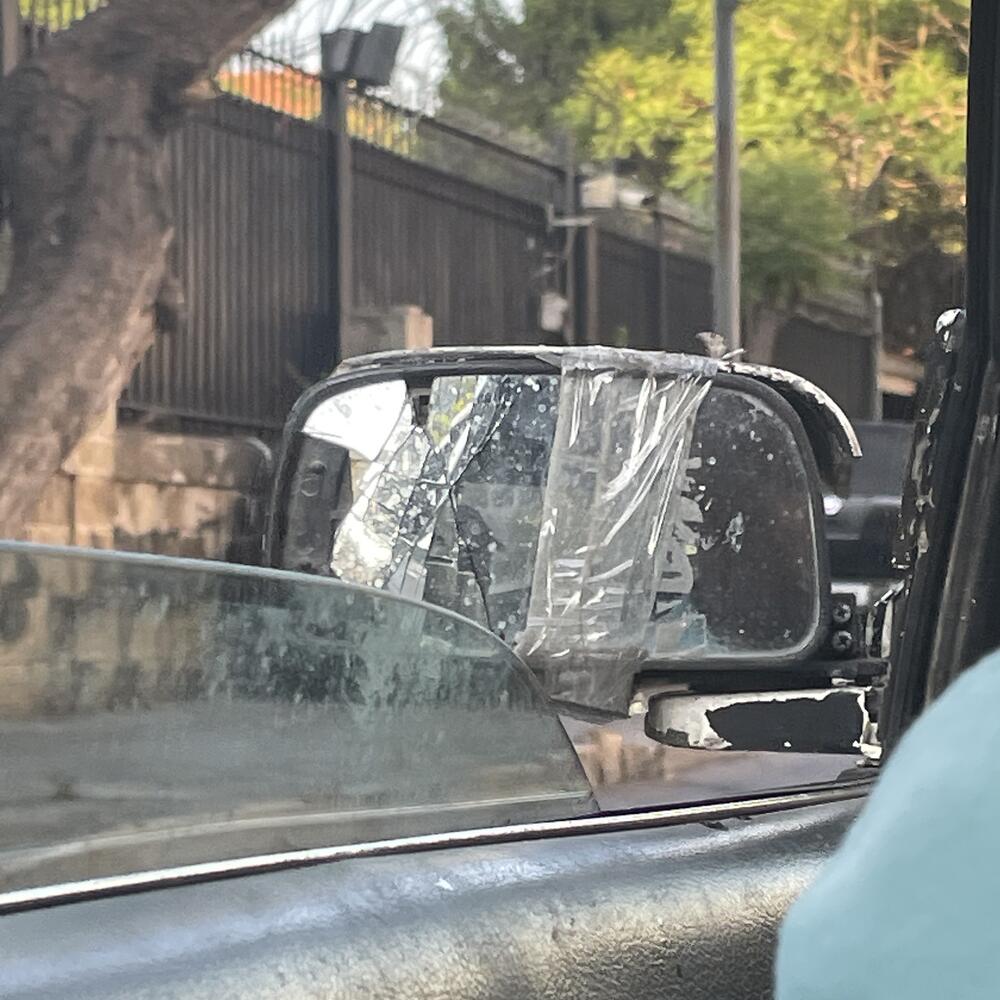
Francois Lemieux:
My phd research and project at Salzburg's Mozarteum University explores the intricate relationship between Haiti and Québec (Canada); language and the open geographical, political and cultural imaginaries that connect the Caribbeans and the valley of the Saint-Laurence river. This process, in general terms, asks how can solo and multiply authored artistic projects be envisaged such that they register, in their ways of making and enacting, the legacies and effects of colonialism. Currently, my research engages the colonial, migratory and cultural ties between Haiti and Québec as a general starting point for writing, exhibition and film making.
I am interested in the fluid boundaries between fiction and reality, probing the past and present ramifications between space, language and power. Often resisting classification, my work uses the fugitive vocabulary of art to experiment with the ambiguous relationship between documentary observation, modes of address and representation, emphasizing the plasticity of narration. This process develops in a post-disciplinary perspective, informed by collective study, publishing, conversation, image making, text, performance, exhibition and film making. With my artwork, my work and research, I ask how stories and images may be told, collectively processed, re/composed and shared today.
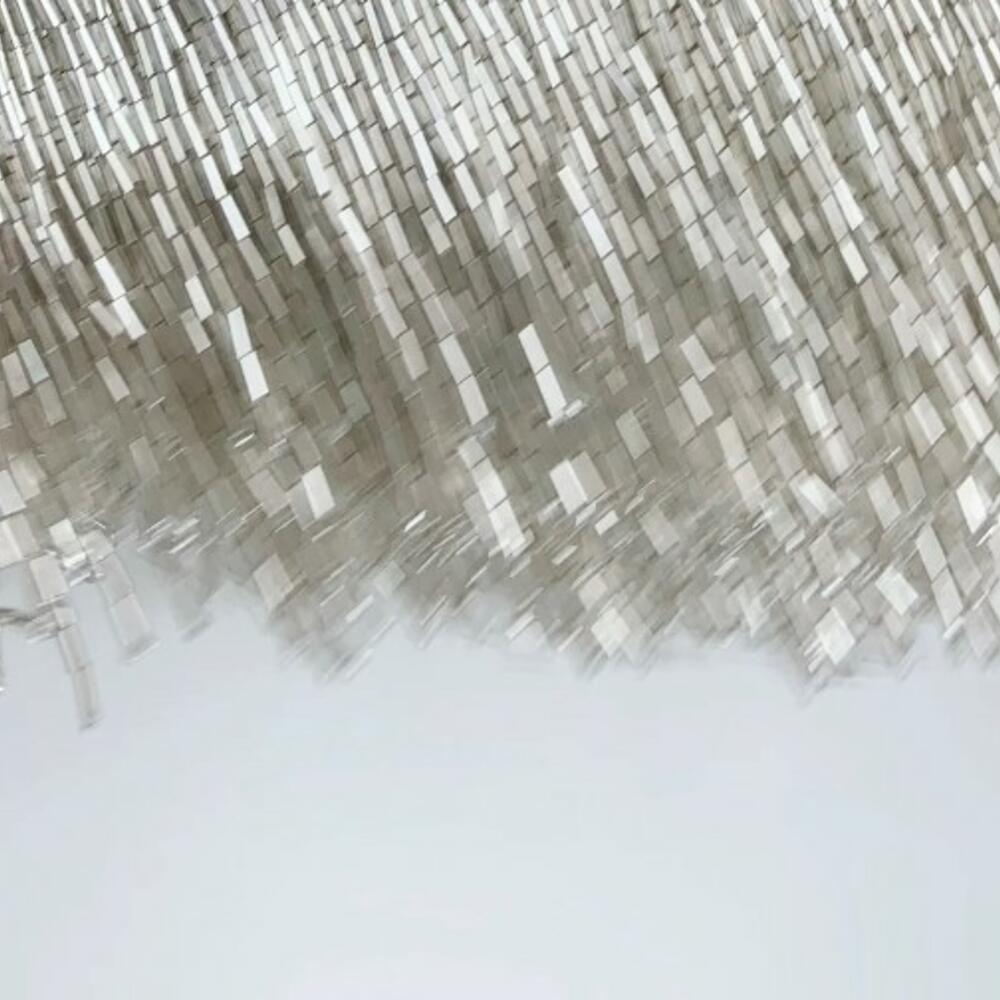
Rebecca Kressley:
'The Excess of Cacophonies (E)' is studying how the modalities of excess arrive in and as art and life, via desire, survival, ecstasy, uselessness and disorder. The project works with text, sound and interdisciplinary art work through a series of collaborations, wherein aesthetic practices are combined with what is otherwise unfigured, and unpredictability is used as a technique for staying with intractability. The collaborations have public presentations and a continuum between them. E is proposing an outcome that flexes with the work itself.
The project's discursive work is interested in where and how 'excess' is used as a device in writing that holds a place for what is otherwise intractable, in a way that differs from the use of the term that applies directly to 'excess' or 'surplus' as philosophical categories. E is asking how this use began as a writing technique and is tracing its development through the present. From this questioning, the project is exploring whether this development can provide some insight into the project's broader study of ecstatic surplus as a simultaneous relation and reaction between art and the quotidian, as it is generated by and becomes within them. The art created throughout 'The Excess of Cacophonies' is in dialogue with but not determined by the project’s discursive framework; space is kept for the art work to move past it. Throughout, E engages with the relations between intractability, excess and possibility, and the paradoxical connections between art, the accidental and ecstatic surplus.
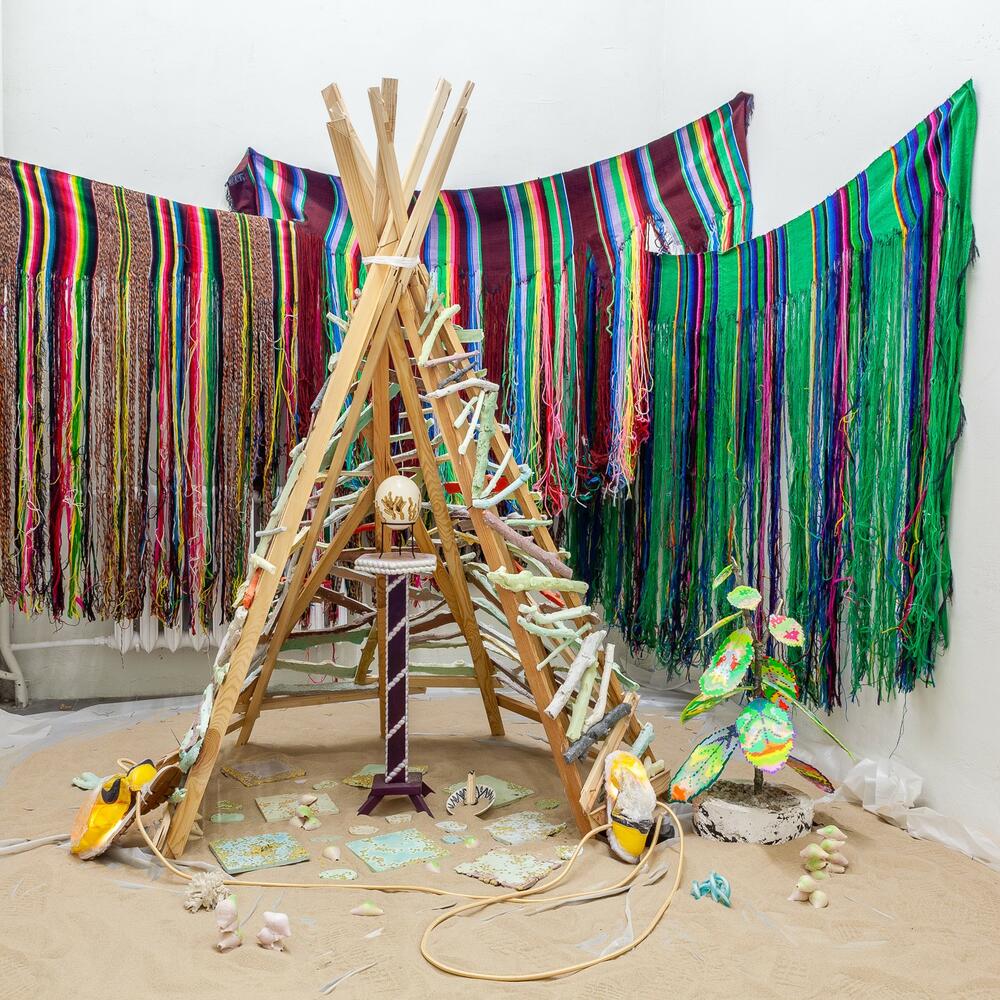
Agata Cieślak:
“Artistic Practice as a mode for Secular Ethics of Late Capitalism” is an interdisciplinary project that consist of the exhibition series, a musical and written thesis. The general aim of the proposed project is to research how—by implementing Marxist Critique and Lacanian Psychoanalyses onto the category of contemporary art—the notion of artistic practice could be considered as an emancipatory strategy that might generate new notions of freedom of subjectivity within late capitalist society. The practice that leads to production of the visual outcome of this project; the art-labor, which I’m forced to undertake simultaneously to my unpaid studies; as well as the enjoyment, which comes from the illusion of “freedom” of such a lifestyle—constitute of the case study for my theoretical thesis. What is important, the exhibition series and a musical are related to each other, too: The final installation of this series will become the movie set for the musical written by myself, which will be developed as a movie.
I build space around and inside shelters—which form an architecture of the uprooted—in which I place objects of a symbolic nature. The installation is inhabited by variety of organisms, such as plants, mycelium, or ants, which are captured without their permission. The idea of a shelter constitutes a narrative of the project and carries its impact, as well as it is utilitarian. The exhibition is foldable, can be displayed anywhere in similar form, and doesn’t take much storage space. The process of making the first half of the whole exhibition-set is the subject of my theoretical research, where every different hut becomes a representative of different chapter of the thesis: such as 'labor, beliefs and “nature”, enjoyment, materialism, history / immediacy.' The notion of a secular ethics understood both in the universal and individual context is the defining characteristic of this research.


